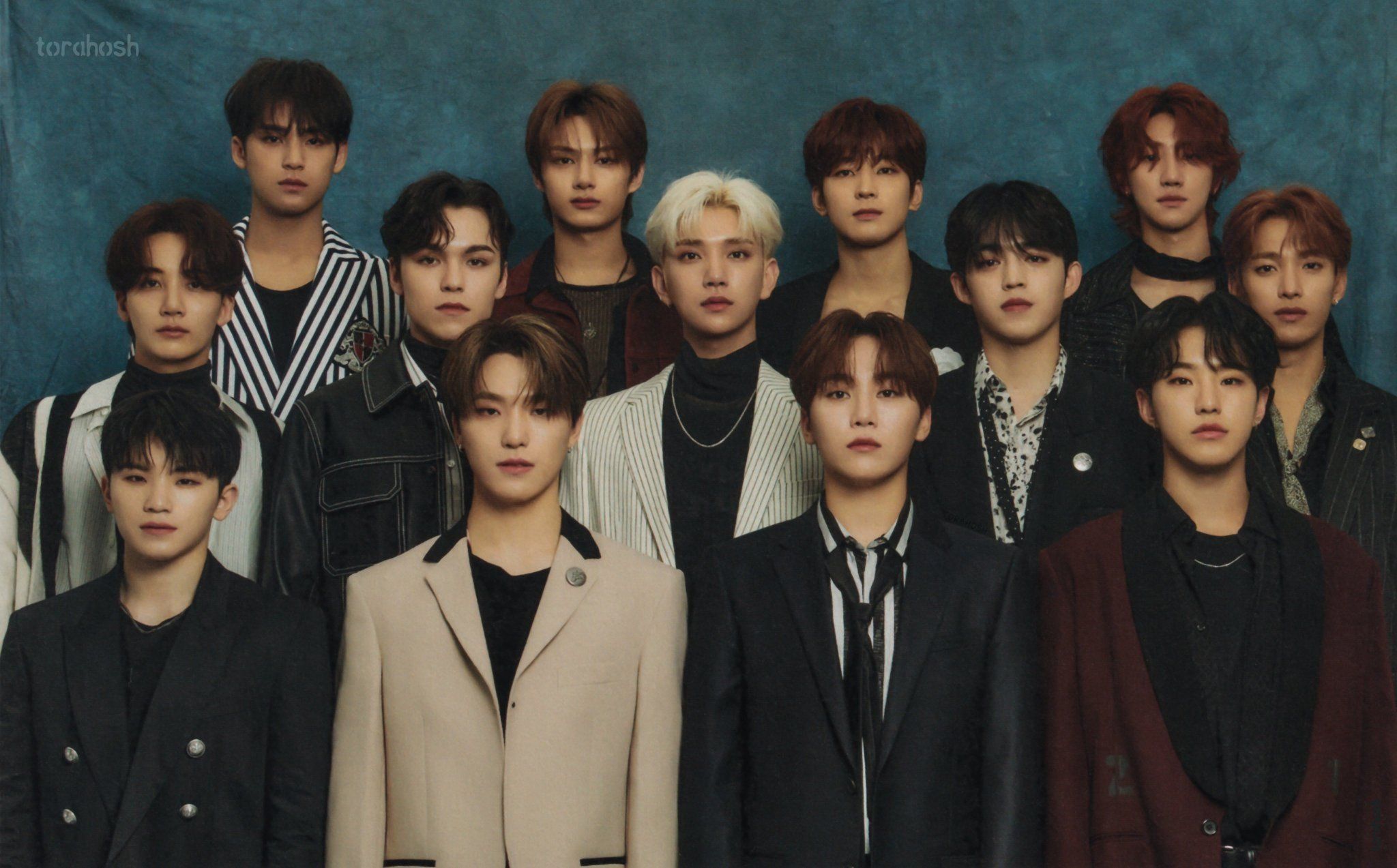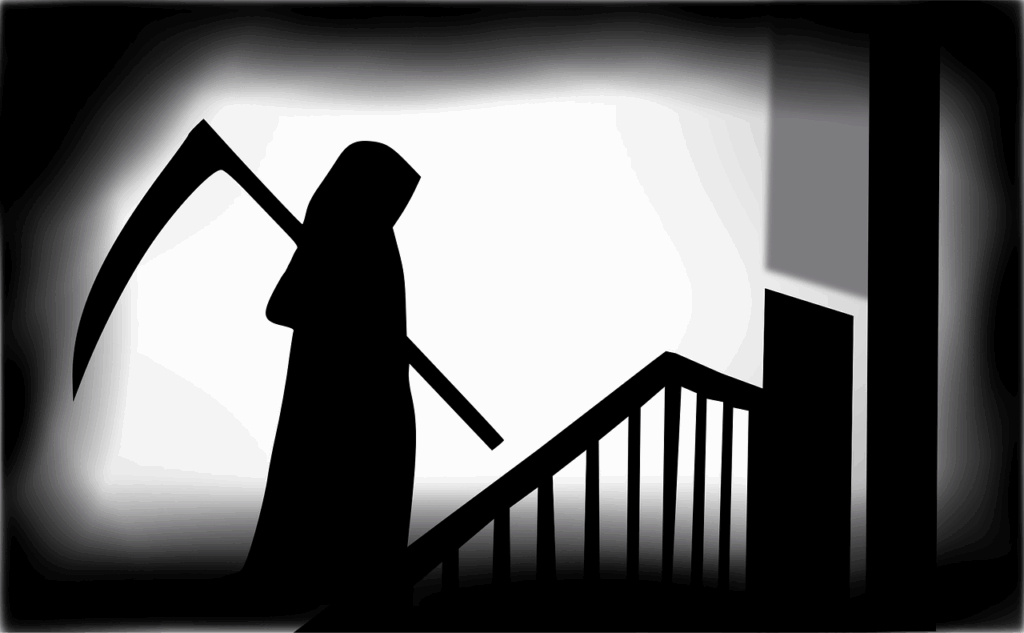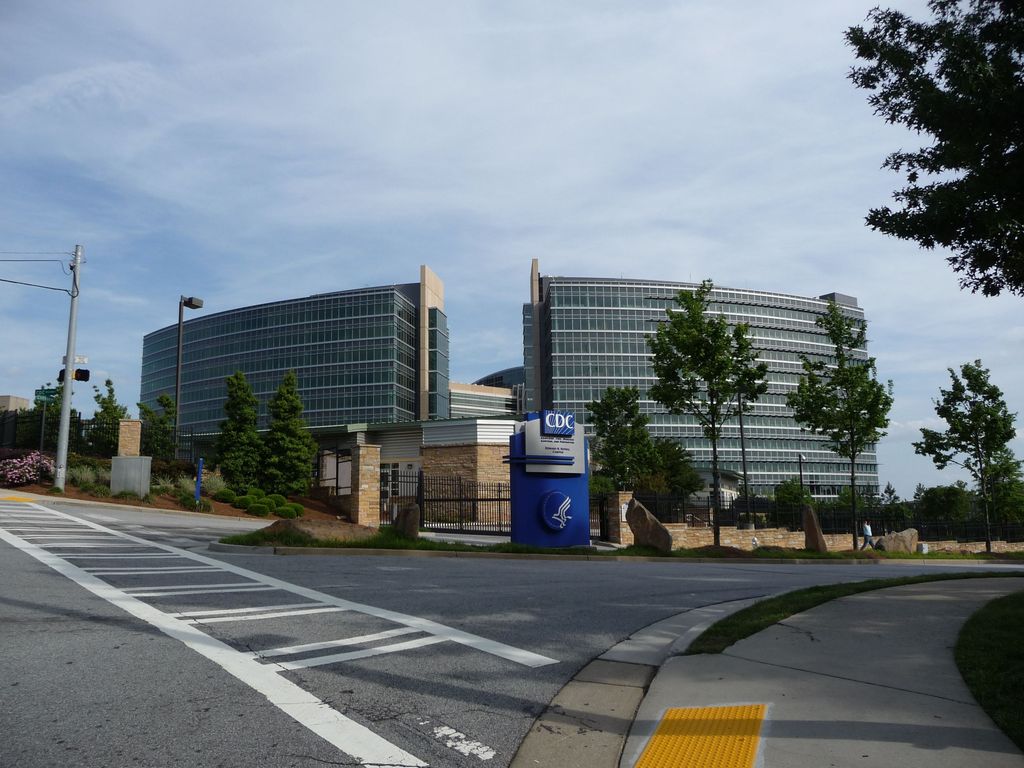
Federal and state authorities on Tuesday identified the man suspected of killing a police officer and firing hundreds of rounds into the U.S. Centers for Disease Control and Prevention headquarters in Atlanta as Patrick Joseph White, 30. Officials revealed that White, who died of a self-inflicted gunshot wound, had a history of police contact regarding suicidal thoughts and carried out the deadly attack using his father’s weapons, driven by a message against COVID-19 vaccines. The incident, which unfolded late Friday afternoon, left DeKalb County Police Department Officer David Rose, 33, dead and six CDC buildings riddled with bullets.
White is suspected of killing Officer David Rose shortly before 5 p.m. in an attack that saw him unleash approximately 200 rounds into the CDC buildings. Authorities recovered five firearms, mostly long guns, and found more than 500 shell casings at the scene, according to statements made at a Tuesday press briefing.
The Georgia Bureau of Investigation (GBI) Director Chris Hosey confirmed that law enforcement had made contact with White previously regarding mental health warning signs. Hosey stated, “The shooter had no known criminal history. Evidence in this investigation indicates that the shooter had recently verbalized thoughts of suicide, which even led to law enforcement being contacted several weeks prior to the incident.” Investigators are working with the law enforcement agencies involved in those prior contacts to gather further details.
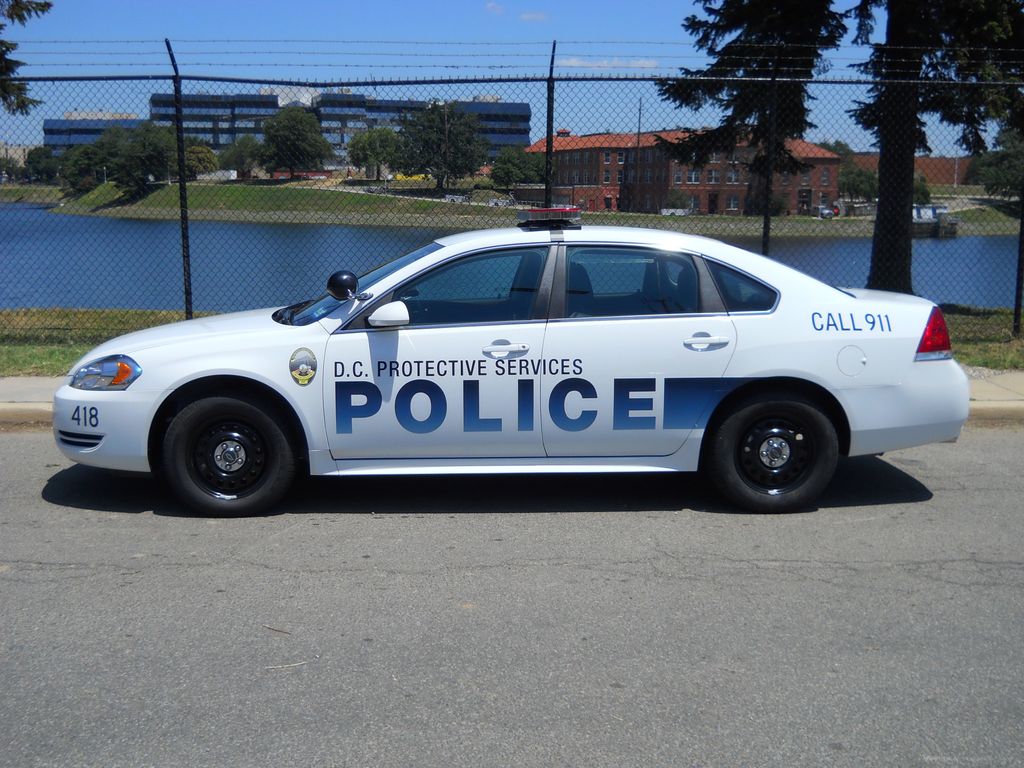
Police were reportedly called on White three different times in the past year over concerns he was suicidal, according to Fox Atlanta. In at least one of these instances, White’s father informed dispatchers that his son had retrieved a gun from his father’s locker. The GBI released a recording Tuesday of White’s father calling 911, expressing concern his son might be involved, and stating he had left messages with authorities with “detailed information” that no one had returned.
One significant call occurred in September 2024, when White told police his health had deteriorated following a COVID-19 vaccine, leading to suicidal ideation. Officers noted White reported being in pain and mentioned having had back surgery a decade prior. He claimed that taking a gun from his father’s locker was “only a cry for help.”
Following that September 2024 incident, White was transported to Kennestone Hospital for treatment. However, reports indicate he subsequently refused mental health treatment on later calls. Two additional calls concerning White’s mental state took place in April and July of this year, according to police records.
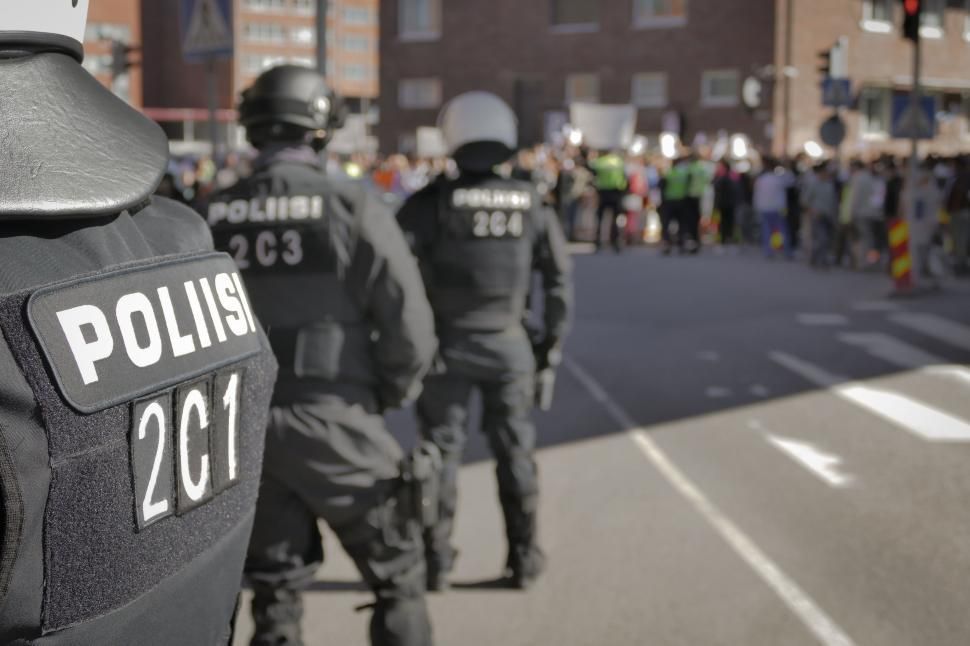
The April 25 call saw officers responding after White reportedly contacted a veterans’ crisis line. White told officers upon their arrival that he had no intention of self-harm, stating he called the line “just to talk to someone.” He declined transport to a hospital, and no further action was taken at that time.
On July 21, White’s father called 911 to report his son missing after receiving what he described as goodbye messages. The father told officers the message included phrases like, “Take care,” “I love you,” and “I’ll be with you soon,” causing him worry as he had not seen his son since the previous night. White later returned home the same day.
Director Hosey clarified that for Friday’s attack, White forcibly accessed his father’s secure gun safe to obtain the weapons. Hosey stated, “All indications in our investigation was that they were secure and that he forced his way into the safe that contained the weapons,” adding, “He broke into it.”
A search warrant executed at White’s residence uncovered written documentation that “expressed the shooter’s discontent with the COVID-19 vaccinations,” Hosey said. He described it as more of a “personal manifesto” intended to “make the public aware” of his views, although no direct threats were made in the writing. These materials are currently undergoing review by certified behavioral profilers and have been shared with the FBI.
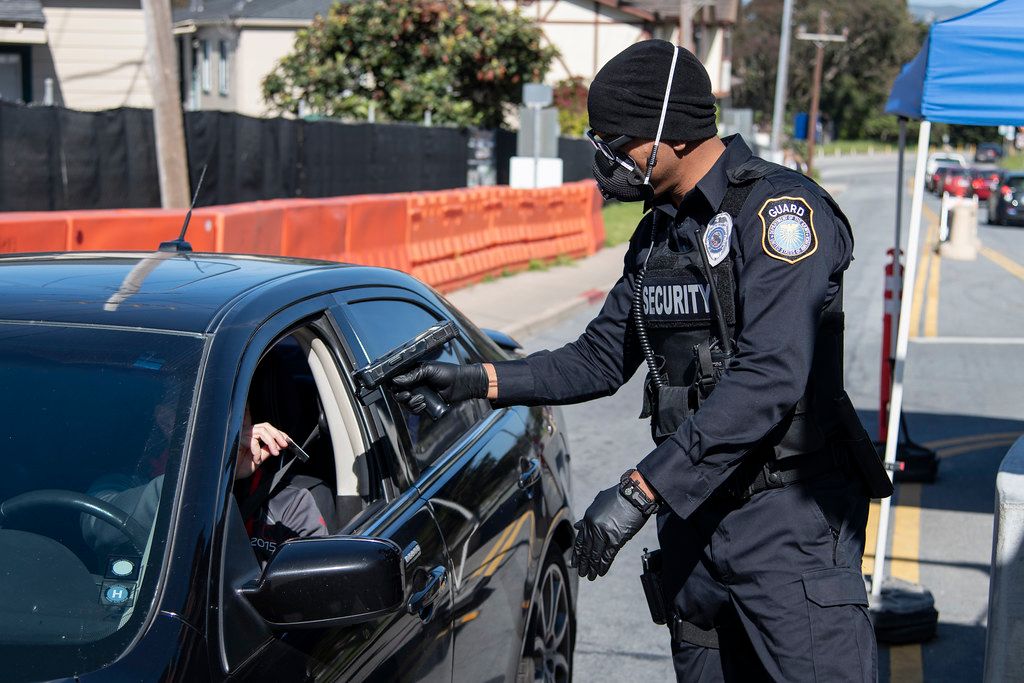
Prior to opening fire, White was stopped by CDC security guards while attempting to enter the headquarters. He then drove to a CVS Pharmacy across the street and began shooting from the sidewalk. The intense barrage of bullets pierced the campus’s “blast-resistant” windows, effectively pinning employees inside the buildings during the attack.
Officer David Rose, 33, a Boston native and father of two with his wife expecting another child, died from gunshot wounds while responding to the scene. Rose, a former Marine who served in Afghanistan, joined the DeKalb County Police Department in September 2024 and graduated from the police academy in March of the same year.
His cousin, Shavon Smith, told WCVB Boston, “He did everything, and he made sacrifices to better himself, his family, his kids’ lives. His wife. He wanted the American dream, and it was taken from him just from an extremist.” Smith added, “David was very quiet but also very brave, courageous, intelligent, humble, loving and respectful. He did so much in his short life. He would do anything for his family and friends. And on Friday, he sacrificed his life for others he didn’t know. He was a Marine first, then a police officer. Service was in his blood from youth to adulthood. In our family, we will always love and keep him in our hearts. We want him to be remembered for his duty and sacrifice.”
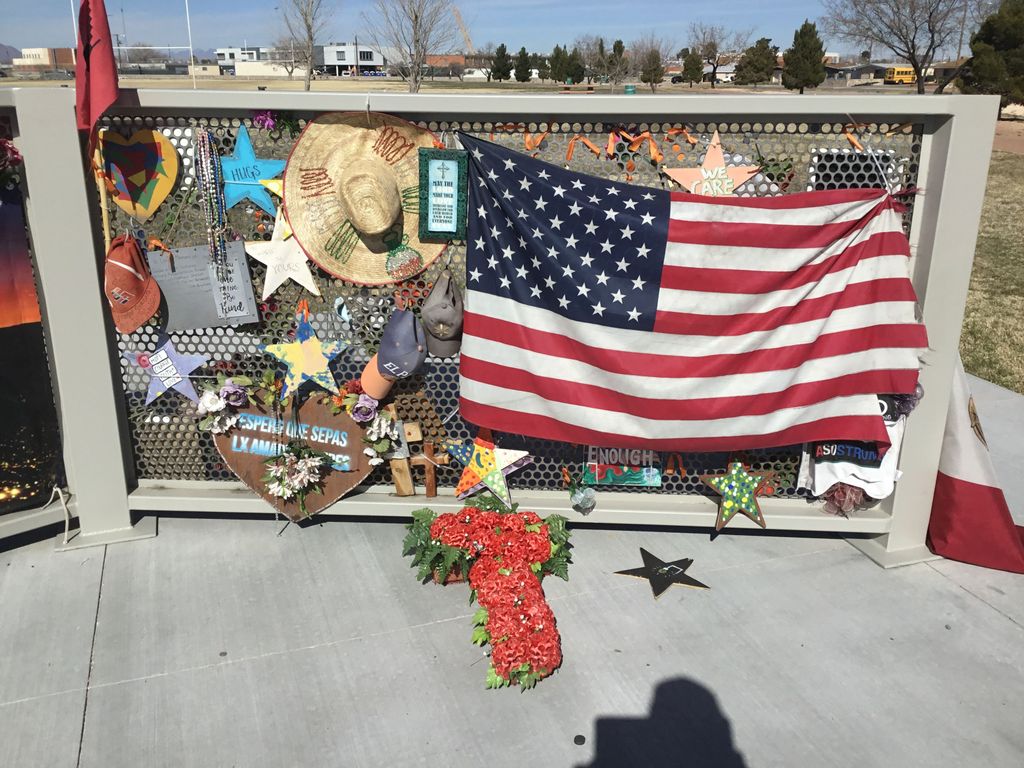
A makeshift memorial was set up outside the CDC headquarters, where people left flowers in honor of Officer Rose. Health and Human Services Secretary Robert F. Kennedy Jr. visited the CDC campus on Monday, accompanied by Deputy Secretary Jim O’Neill and CDC Director Susan Monarez. Kennedy also visited the DeKalb County Police Department and later met privately with Officer Rose’s wife to offer his condolences.
CDC employees were profoundly affected by the shooting, with many huddling under lockdown for hours. Staff were later encouraged to work from home on Monday or take leave. Director Monarez noted on X that at least four CDC buildings sustained hits. She also conveyed a message to staff, stating, “Science and public health should never be under attack.”
Monarez emphasized, “What we do here is about protecting lives. It’s about preventing suffering and building healthier communities. Acts of violence will never weaken our resolve.” Officials at the CDC are now conducting a thorough security assessment of the campus and ensuring notification of any new threats. In the aftermath, the CDC’s security office advised employees to remove old CDC parking decals from their vehicles, noting they had not been required for some time.
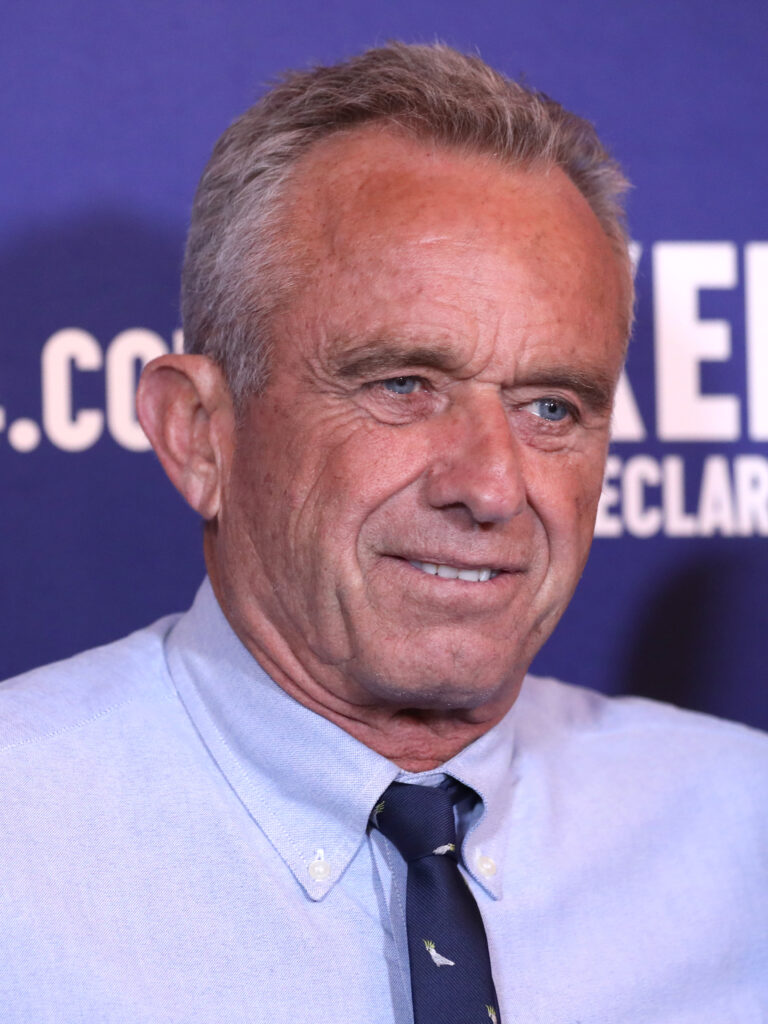
Health and Human Services Secretary Robert F. Kennedy Jr., a prominent vaccine skeptic, expressed solidarity with CDC employees following the tragic event. He stated, “We are deeply saddened by the tragic shooting at CDC’s Atlanta campus that took the life of officer David Rose. We know how shaken our public health colleagues feel today. No one should face violence while working to protect the health of others.”
However, some laid-off CDC employees, forming a group called “Fired But Fighting,” rejected Kennedy’s expressions of solidarity and called for his resignation. They asserted that Kennedy “is directly responsible for the villainization of CDC’s workforce through his continuous lies about science and vaccine safety, which have fueled a climate of hostility and mistrust.”
The group’s statement continued, “We don’t need thoughts and prayers. We need an administration that does not villainize federal workers who are just trying to do their job. We need a Health and Human Services Secretary who does not promote misinformation about science and vaccines.” This comes as Kennedy, appointed secretary after endorsing President Donald Trump, has continued to challenge scientific consensus on vaccines.
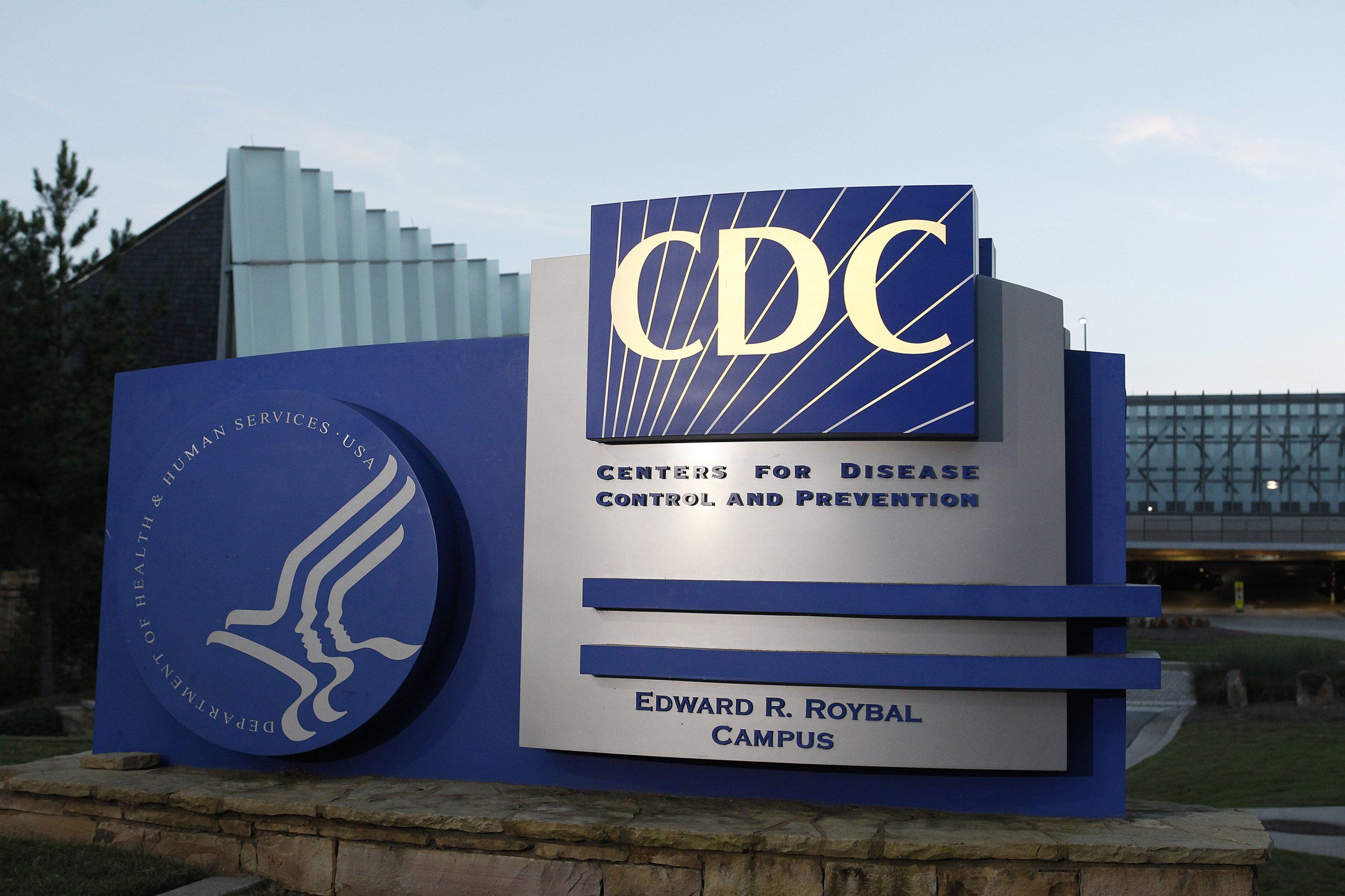
Under Kennedy’s leadership, the CDC has seen nearly 2,000 employees laid off. The Trump administration has proposed cutting the agency’s budget in half next year, with plans to move some CDC functions into a new Administration for a Healthy America. Kennedy has been a leader in the anti-vaccine movement, having previously called it “criminal medical malpractice” to administer COVID-19 vaccines to children.
Recently, Kennedy announced that the CDC would no longer recommend COVID-19 vaccinations for healthy children or pregnant individuals. He also canceled 22 mRNA vaccine development contracts totaling approximately $500 million, stating that data indicated these vaccines failed to effectively protect against upper respiratory infections like COVID and flu. Opponents argue that rhetoric from officials like Kennedy contributed to the climate that led to the shooting.
Russell Vought, appointed by Trump as Office of Management and Budget director, was quoted in a video obtained by ProPublica and Documented saying, “We want the bureaucrats to be traumatically affected. When they wake up in the morning, we want them to not want to go to work, because they are increasingly viewed as the villains.” Sarah Boim, a former CDC communications staffer who was fired this year, described the shooting as the “physical embodiment of the narrative that has taken over, attacking science, and attacking our federal workers.”

Neighbors of White also reported that he had expressed his distrust of COVID-19 vaccines to them on multiple occasions. Nancy Hoalst, a neighbor, told The Atlanta Journal-Constitution that White seemed like a “good guy” but would consistently bring up vaccines in conversations. She noted, “He was very unsettled, and he very deeply believed that vaccines hurt him and were hurting other people,” though she never anticipated he would resort to violence.
The state of Georgia does not currently have a “red flag law,” which in other states allows judges to temporarily remove a person’s access to firearms if they are deemed a danger to themselves or others. This means that despite White’s prior contacts with law enforcement regarding his mental health and suicidal ideation, there was no legal mechanism in Georgia to prevent him from possessing or purchasing a gun.
This incident at the CDC headquarters is among several recent high-profile shootings across the country. Two weeks prior, a gunman in midtown Manhattan killed three civilians and a police officer before dying by suicide. Days before the CDC attack, an active-duty soldier wounded five service members at Fort Stewart in Georgia. The following Monday, three people, including a child, were killed outside a Target store in Austin, Texas.
The tragic events at the CDC headquarters underscore the complex interplay of mental health, personal beliefs, and the devastating consequences of violence. The loss of Officer David Rose, a dedicated Marine veteran and police officer, serves as a stark reminder of the ultimate sacrifice made by those who serve to protect. As investigations continue and the CDC reassesses its security, the broader societal discussions around vaccine skepticism, the safety of public health workers, and access to firearms remain critical. For individuals experiencing a crisis, the Suicide and Crisis Lifeline is available by calling or texting 988, or by calling 800-273-8255.


